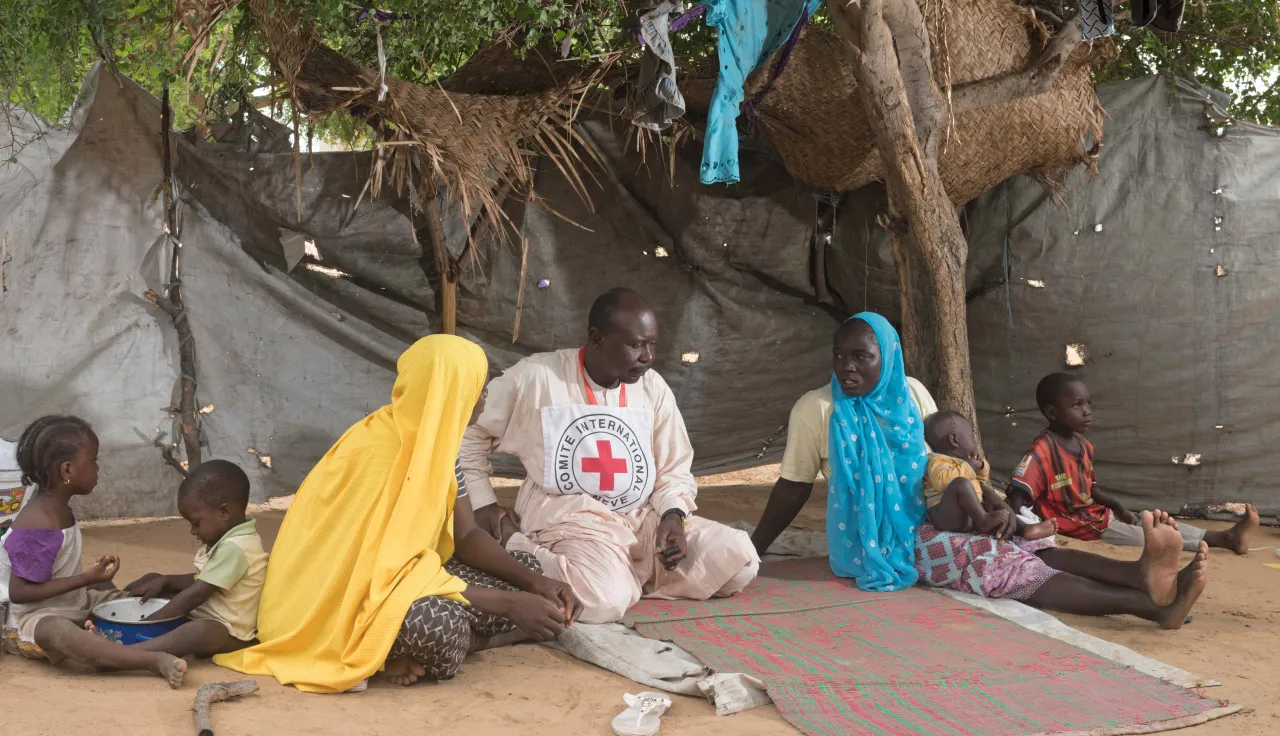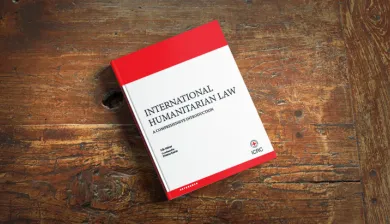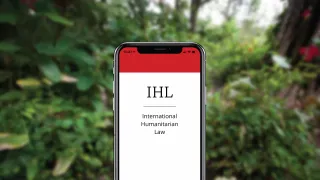IHL and other legal regimes
International humanitarian law and other legal regimes are complementary in armed conflicts. They are, however, distinct and separate, especially jus in bello (or IHL), which regulates the way war is conducted, and jus ad bellum, which covers the reasons for war. Human rights law and refugee law can overlap with IHL.
Both international humanitarian law and human rights law aim to protect the life, health and dignity of human beings. Whereas IHL applies only in times of armed conflict, human rights law applies at all times, in peace and in war.
States are required to take action to ensure respect for and the application of both bodies of law. There are certain conditions under which some human rights can be suspended by a state if it faces a serious public threat. States cannot, however, suspend the fundamental rights that form what is known as the “hard core” of human rights.
There are no provisions under IHL that allow a state to waive its application. IHL must be respected in all circumstances.
International refugee law protects and assists people who have crossed an international border. It is complementary to human rights law and, if the refugees are in an area of armed conflict, to IHL as well.
IHL is based on the 1949 Geneva Conventions and their Additional Protocols, the Hague Conventions and a series of treaties covering the means and methods of warfare, particularly weapons. The ICRC has a mandate under the Geneva Conventions, as the guardian of IHL, to promote respect for and the application of its provisions.
Human rights law has been developed through a variety of international instruments. They include the 1948 Universal Declaration of Human Rights, the 1966 International Covenant on Economic, Social and Cultural Rights and the 1966 International Covenant on Civil and Political Rights. Implementation mechanisms have been established at both the global and regional level.
Refugee law has its origins in the 1951 Convention Relating to the Status of Refugees. International supervision is the responsibility of the Office of the United Nations High Commissioner for Refugees (UNHCR).
IHL (jus in bello) is also distinct from international law prohibiting the use of force between states and defining exceptions to this principle (jus ad bellum). Jus ad bellum is governed by the UN Charter and implemented through UN mechanisms.
The obligation on states to respect and ensure respect for IHL is unaffected by arguments about the justification for or prevention of armed conflict, which are questions covered by jus ad bellum.






